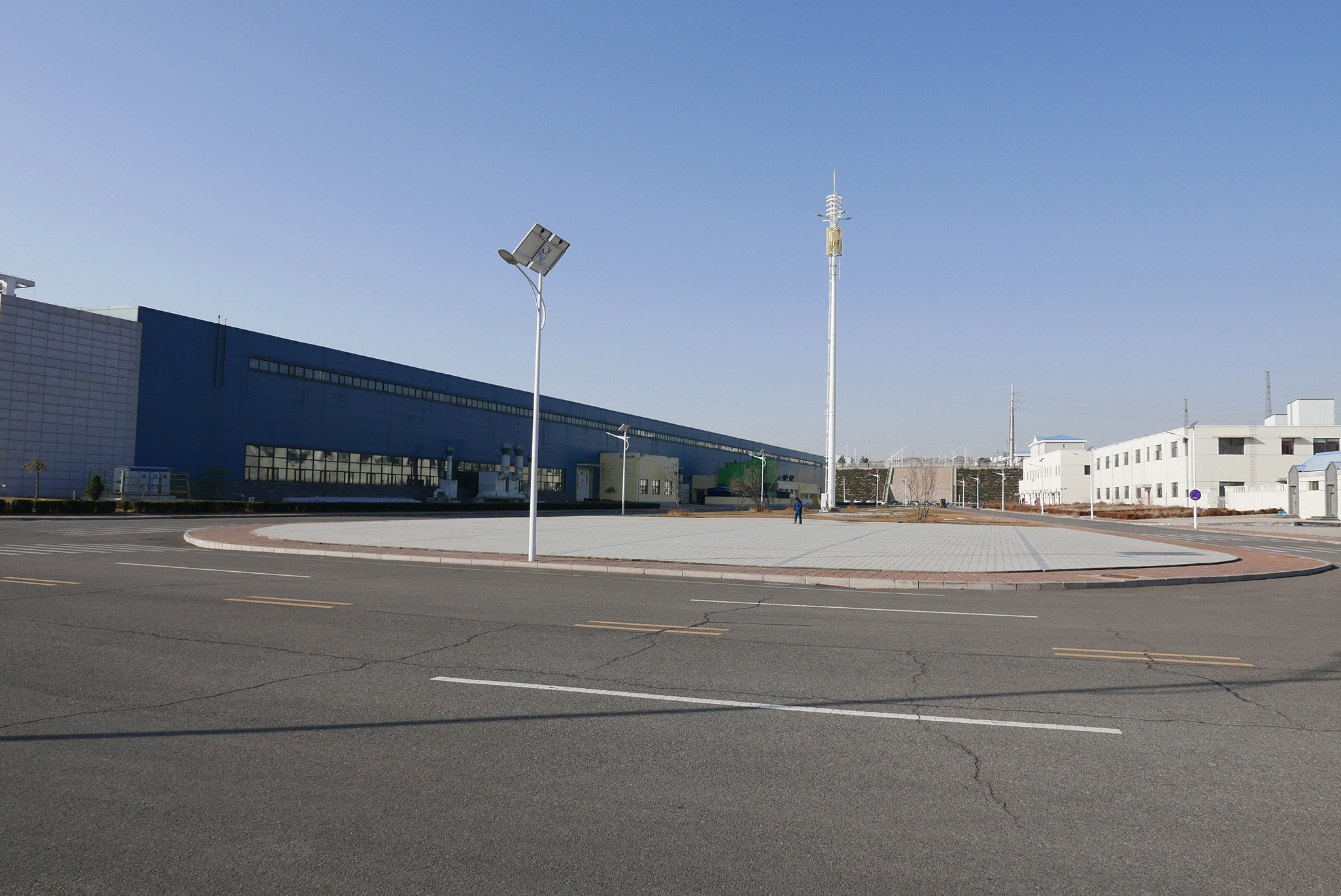- Afrikaans
- Albanian
- Amharic
- Arabic
- Armenian
- Azerbaijani
- Basque
- Belarusian
- Bengali
- Bosnian
- Bulgarian
- Catalan
- Cebuano
- China
- China (Taiwan)
- Corsican
- Croatian
- Czech
- Danish
- Dutch
- English
- Esperanto
- Estonian
- Finnish
- French
- Frisian
- Galician
- Georgian
- German
- Greek
- Gujarati
- Haitian Creole
- hausa
- hawaiian
- Hebrew
- Hindi
- Miao
- Hungarian
- Icelandic
- igbo
- Indonesian
- irish
- Italian
- Japanese
- Javanese
- Kannada
- kazakh
- Khmer
- Rwandese
- Korean
- Kurdish
- Kyrgyz
- Lao
- Latin
- Latvian
- Lithuanian
- Luxembourgish
- Macedonian
- Malgashi
- Malay
- Malayalam
- Maltese
- Maori
- Marathi
- Mongolian
- Myanmar
- Nepali
- Norwegian
- Norwegian
- Occitan
- Pashto
- Persian
- Polish
- Portuguese
- Punjabi
- Romanian
- Russian
- Samoan
- Scottish Gaelic
- Serbian
- Sesotho
- Shona
- Sindhi
- Sinhala
- Slovak
- Slovenian
- Somali
- Spanish
- Sundanese
- Swahili
- Swedish
- Tagalog
- Tajik
- Tamil
- Tatar
- Telugu
- Thai
- Turkish
- Turkmen
- Ukrainian
- Urdu
- Uighur
- Uzbek
- Vietnamese
- Welsh
- Bantu
- Yiddish
- Yoruba
- Zulu
Nov . 10, 2024 00:34 Back to list
Gas-Fired Heating Boilers for Efficient Home and Commercial Heating Solutions
The Efficiency and Benefits of Gas-Fired Heating Boilers
Gas-fired heating boilers are an essential component in modern heating systems, providing an efficient means of heating residential and commercial spaces. As technology evolves and sustainability becomes a pressing concern, gas-fired boilers present an attractive solution for energy-conscious consumers. This article explores the advantages, operational efficiency, and environmental considerations associated with gas-fired heating boilers.
Understanding Gas-Fired Heating Boilers
Gas-fired heating boilers work by burning natural gas or propane to produce hot water or steam, which is then distributed throughout a building via radiators or ductwork. Unlike electric systems, which rely on electricity to generate heat, gas-fired boilers harness the inherent energy of natural gas, delivering heat quickly and efficiently. This method of heating is often more economical, especially in areas where gas is more affordable than electricity.
Efficiency and Cost-Effectiveness
One of the most notable benefits of gas-fired heating boilers is their efficiency. Modern gas boilers come equipped with advanced technology such as condensing mechanisms that capture and reuse exhaust heat, resulting in efficiencies of up to 95% or higher. This means that a minimal amount of energy is wasted, leading to reduced utility bills and enhanced energy conservation.
In terms of initial costs, gas-fired boilers are generally more affordable than electric models, making them an appealing option for homeowners and landlords. The operating costs associated with natural gas are often lower than that of electricity, particularly in regions with abundant natural gas supplies. As a result, homeowners can enjoy comfortable indoor temperatures without fearing exorbitant energy bills.
Environmental Considerations
gas fired heating boiler

While burning natural gas does produce greenhouse gases, it is a cleaner alternative compared to coal or oil. When evaluated on a carbon emissions basis, natural gas has a significantly lower carbon footprint. Furthermore, gas-fired heating boilers can be integrated with renewable energy systems, such as solar thermal systems, to further enhance their sustainability profile. By combining these technologies, households can reduce their reliance on fossil fuels and decrease their overall environmental impact.
The shift towards renewable energy sources is reshaping the energy landscape. In countries heavily invested in renewable technologies, the integration of gas-fired systems can act as a transitional solution. Gas boilers can operate efficiently alongside renewable energy sources, ensuring a continuous and reliable heat supply when solar or wind energy is not available.
Maintenance and Longevity
Gas-fired heating boilers are renowned for their durability and reliability. With proper maintenance, which includes regular inspections, cleaning, and timely repairs, these systems can last for over 15 years or more. Routine maintenance helps in identifying and rectifying potential issues before they escalate, thereby ensuring consistent performance and optimal efficiency.
It is essential to engage licensed professionals for maintenance and repair to guarantee safety and adherence to local regulations. This is particularly crucial as gas appliances can pose safety risks if not properly maintained, including the potential for gas leaks or carbon monoxide buildup.
Conclusion
Gas-fired heating boilers offer a host of benefits, ranging from economic and efficient heating solutions to environmental advantages that help pave the way for a more sustainable future. With their high efficiency, lower operating costs, and adaptability to renewable energy systems, they represent a pragmatic choice for both homeowners and business owners alike. As we continue to seek eco-friendly solutions for heating, gas-fired boilers stand out as a reliable and effective option in the ever-evolving quest for energy sustainability.
-
Premium Cast Iron Water Main Pipe: Durable, Corrosion-Resistant
NewsAug.03,2025
-
Durable Cast Iron Water Mains | AI-Optimized Systems
NewsAug.02,2025
-
High-Efficiency Propane Boiler for Baseboard Heat | Save Energy
NewsAug.01,2025
-
Premium Source Suppliers for Various Gray Iron Castings
NewsJul.31,2025
-
Durable Cast Iron Water Main Pipes | Long-Lasting
NewsJul.31,2025
-
High-Quality Cast Iron Water Main Pipe for Durable Infrastructure
NewsJul.30,2025


